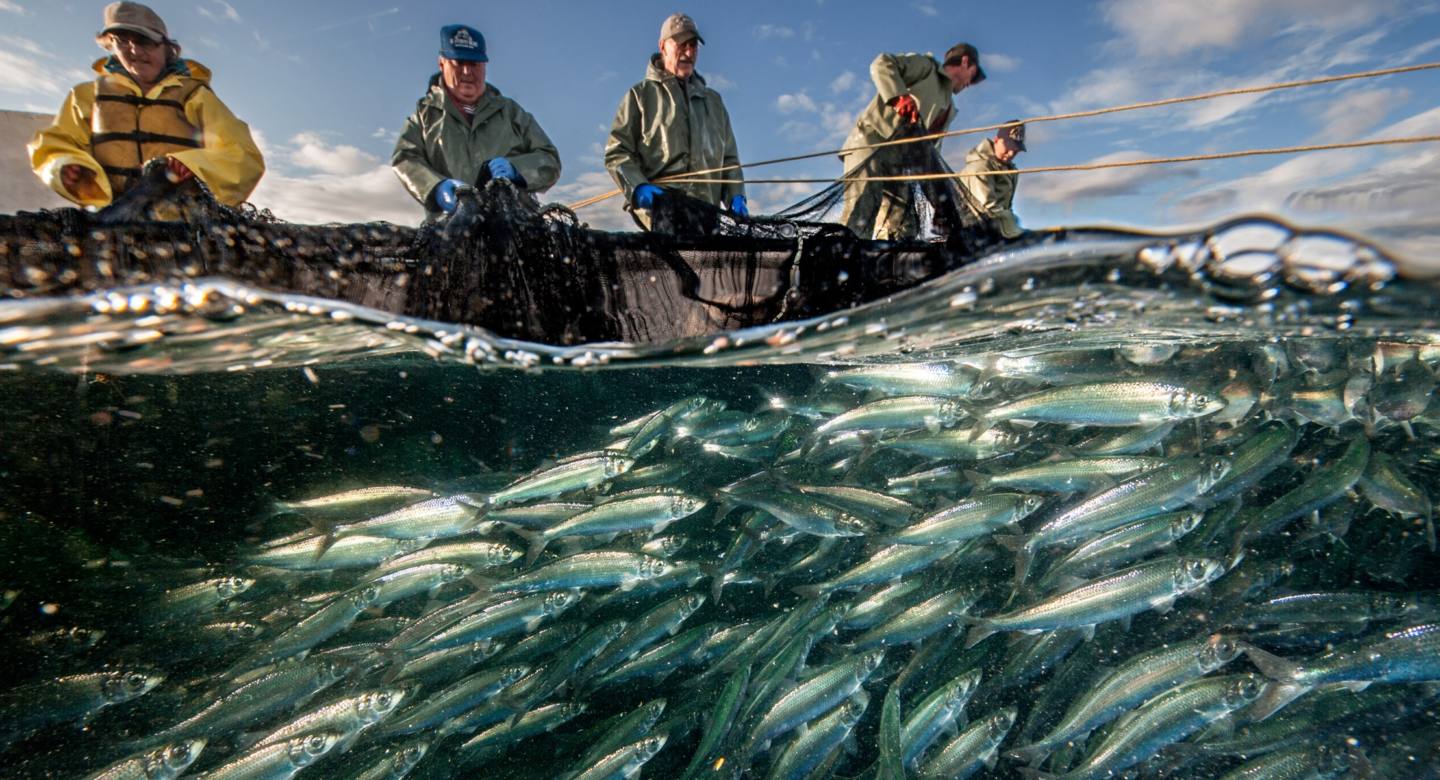When thinking about the aftermath of a nuclear war, fisheries are not the first things that come to mind. However, in a recent study published in Proceedings of the National Academy of Science (PNAS), a team of McGill researchers revealed that marine fishery supplies could be vital to sustaining human life by providing food security after a nuclear war or other abrupt climatic shocks.
Among other catastrophic effects, such as immediate destruction of cities and firestorms, nuclear war would result in the release of soot into the atmosphere, blocking out sunlight and leading to a plunge in atmospheric temperature. Consequently, there would be an unprecedented reduction in agricultural production, posing a risk to worldwide food security.
“I think it’s very important to study what the potential effects of a nuclear war could be so that we are well informed when we, or our decision-makers, decide rules for whether or not we should have these weapons,” Kim Scherrer, a PhD student in McGill’s Department of Earth and Planetary Sciences, said in an interview with The McGill Tribune.
Alongside Scherrer, a team of researchers evaluated the effects of nuclear war on the worldwide food system through six “war scenarios,” modelling how fishing worldwide would change depending on rapidly increased fish demand or decreased ability to fish. These were done through the state-of-the-art Community Earth System Model. Each scenario simulated a war-like event, followed by the socioeconomic response of the fishing industry, pertaining to the simultaneous fishing demands.
Based on existing global tensions, the study simulated five conflicts between India and Pakistan with increasing quantities of soot release, and one substantially larger U.S.-Russia war injecting 150 teragrams of soot into the atmosphere. The industry responses included a range of fishing demands, from business-as-usual, or no change, as a control scenario to very large increases or complete collapse.
The main findings from these climate models showed that well-managed fisheries are key to maintaining fish and seafood as stable food sources. In practice, this means implementing strict quotas on fish catches. While fisheries may appear as a short-term solution, they can be instrumental to global nutrition in the immediate years following a nuclear war, especially as the climate restabilizes itself in the following five to 15 years.
“It’s a good idea to monitor gear types and details of the fishing to prevent destructive practices, but the most important thing is simply to fish less,” Eric Galbraith, a professor at McGill’s Department of Earth and Planetary Sciences, wrote in an email to the Tribune. “This ends up giving us more fish to eat, [being] more profitable, and producing [fewer] emissions.”
According to Scherrer, while the research revolved around the potential outbreak of a nuclear war, the findings are equally applicable to other possible climatic shocks, such as volcanic eruptions. The results are also relevant to more subtle changes, such as unmitigated climate change, which has already started to put pressure on the fishing industry.
“I think that’s a really important finding, that being prepared for the worst should be the same as just avoiding overfishing and maintaining abundant fish stocks, so it’s not like [we] have to do something completely different,” Scherrer said.
The study found that the U.S.-Russia war scenario and business-as-usual fishing would be closest in predicted magnitude to the end-of-century fishing declines under unmitigated climate change.
In the future, Scherrer hopes to uncover the links between other food sources that might be important in a climate disaster resulting in a food emergency. In particular, she hopes to gain a better understanding of the relationships between the farmed crops and the animals that we eat.
“We can’t run our lives or societies thinking that nuclear war would happen tomorrow,” Scherrer said. “The urgent thing that we find in the study is that when it comes to fisheries, you don’t have to be doing something very different to be prepared.”








